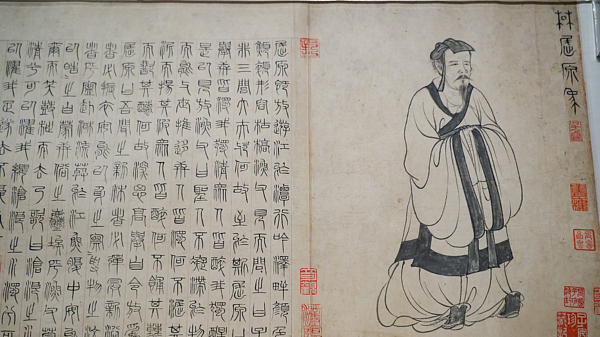When Qu Yuan (340-278 BC) poured his soul into the verses that would become the Chu Ci (Songs of Chu), he claimed his place as China's first star poet. His work, the second-oldest anthology in the country's literary history, introduced a wave of romanticism with its lush imagery and deeply personal tone.
The state of Chu, once dismissed as a 'barbarian' dukedom under the Western Zhou dynasty (1046-771 BC), thrived in the fertile Yangtze Valley—today's Hubei Province. Centuries of northward expansion led Chu's rulers to renounce Zhou overlordship in 706 BC. For four hundred years, they rivaled their northern neighbors for supremacy until 223 BC, when Qin forces defeated Chu and built the foundations of the first Chinese empire.
Against this dramatic backdrop, Qu Yuan's poems went beyond politics: they wove personal reflection and vivid landscapes. Winding rivers and soaring winds mirror the emotional currents that still resonate with readers worldwide.
More than two millennia later, Qu Yuan's legacy lives on. His verses bridge ancient and modern worlds, inviting young global citizens, entrepreneurs, changemakers and travelers to discover a lost chapter in the story of soul and soil.
Reference(s):
Soul and soil: Unearthing the lost world of China's first star poet
cgtn.com




